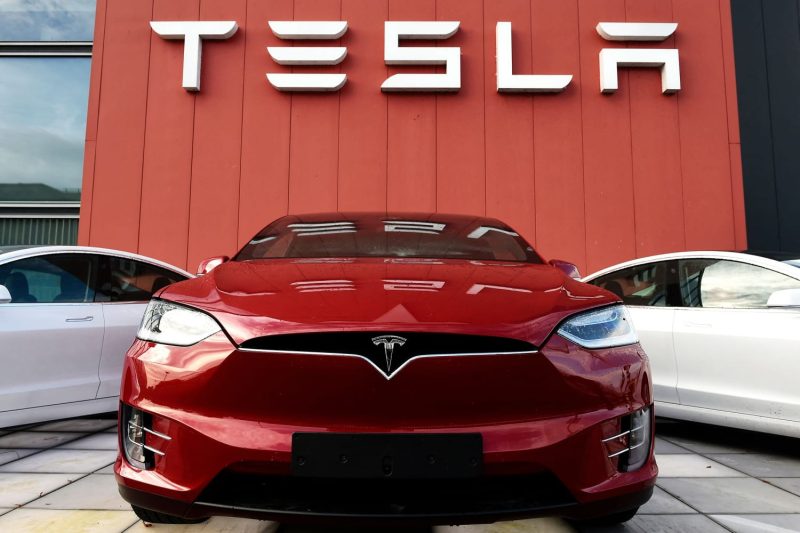The recent announcement by Tesla to recall 125,227 vehicles due to a faulty seat belt warning system has sparked concerns among consumers and raised questions about the quality control standards in the automotive industry. This recall underscores the importance of ensuring the safety of drivers and passengers on the road, as seat belts are a critical component in vehicle safety.
Tesla, known for its innovative electric vehicles and cutting-edge technology, has faced scrutiny in the past for quality control issues. While the company has made significant advancements in autonomous driving technology and sustainability, recurring problems such as this latest seat belt warning system defect highlight the need for stringent testing and oversight in the manufacturing process.
The faulty seat belt warning system could potentially put drivers and passengers at risk by not alerting them to fasten their seat belts properly. In the event of a collision or sudden stop, wearing a seat belt significantly reduces the risk of injury or death. Therefore, any malfunction in the seat belt warning system must be addressed promptly to ensure the safety of those inside the vehicle.
Tesla’s decision to recall over 125,000 vehicles demonstrates a commitment to safety and quality assurance, albeit coming after the issue was identified. It is essential for automakers to take swift action to rectify defects and prevent potential harm to consumers. Transparency in acknowledging and addressing these issues is paramount to maintaining trust and credibility within the industry.
Consumers are advised to stay informed about vehicle recalls and address any safety concerns promptly. Regular maintenance and inspections of vehicles, including seat belts and safety systems, are crucial in ensuring roadworthiness and protecting the well-being of all occupants.
As technology continues to advance in the automotive sector, the emphasis on safety and reliability must remain a top priority for manufacturers. Tesla’s recall serves as a reminder that even the most innovative companies are not immune to defects and must prioritize rigorous testing and quality control measures.
In conclusion, the recall of 125,227 Tesla vehicles due to a faulty seat belt warning system highlights the critical importance of safety in the automotive industry. As advancements in technology revolutionize the way we drive, ensuring the highest standards of quality control and addressing issues swiftly are paramount to protect the lives of drivers and passengers on the road. Let this serve as a wake-up call for automakers to prioritize safety at every stage of production and continue to innovate in ways that prioritize the well-being of all road users.
